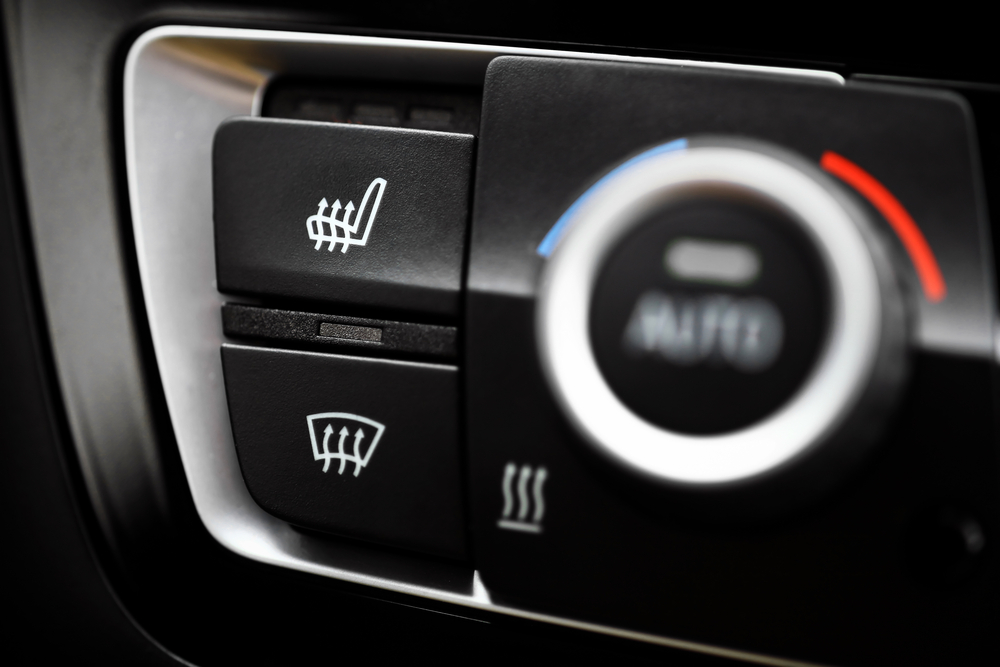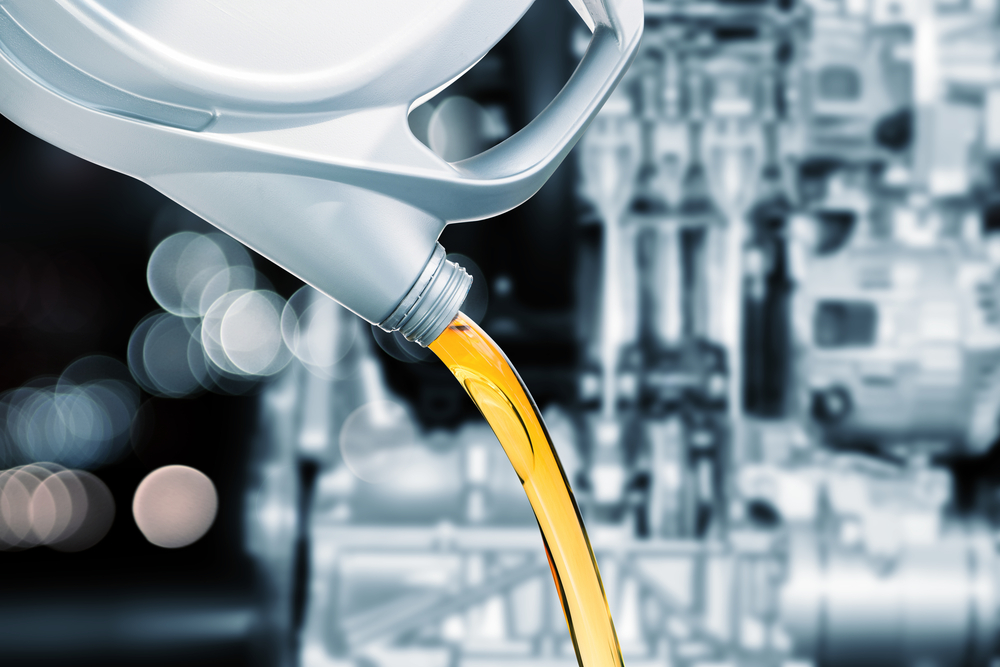This component of your BMW is responsible for a great deal of comfort during the winter months, but how exactly does it work? Let’s examine a typical car heating system and find out how you can keep it running smoothly.
Basic Structure
Your heating system warms up incoming air and circulates it throughout your interior. It does this by using a system of openings, ducts, fluid, heat-exchange equipment, HVAC controls, and more. In fact, your heating system is closely intertwined with your A/C system. You may not be able to tell by the name we use for the chemical, but coolant plays almost the same role in heating that it does in cooling, only the fluid is used to transport and apply heat rather than reduce it. This system typically uses the same blower fan that your A/C system does as well.
A Closer Look
Air entering your vehicle through its front ducts must be warmed by the heater core and pumped into your interior by the blower. Your heater core can basically be thought of as a miniature radiator. Coolant is heated by the engine before flowing to the heater core, raising its temperature so that air sent through it by the blower is warm by the time it flows into your cabin. The specifics of how your heating system behaves to provide you with the right conditions is determined by the settings of the HVAC controls on your dashboard, the type of temperature control you particular model employs, and other factors.
Common Issues
Whether you’re having trouble getting it to reach the desired temperature, the airflow is not adequate, or it’s just not working altogether, common issues can be attributed to a number of different causes. Any problems with your coolant, whether in its cleanliness or quantity, will probably lead to problems with your heating, so checking this is always recommended. If you have a coolant leak, it should be repaired as soon as possible. The same goes for faulty blower, thermostat, and of course your heater core. The more attentive you are and the quicker you get those repairs done, the better!
Whether you want to keep you winter drives warm and comfortable or you’re experiencing a particular problem, the BMW certified technicians at Motorwerkes are eager to offer you the highest standard of service. Call (403) 768-3166 to schedule an appointment!





